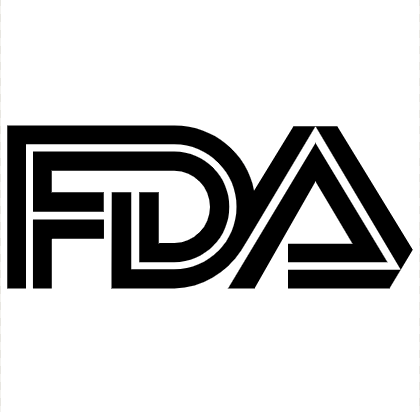FDA Expands Epclusa Label for Young Children with Chronic Hepatitis C
The expansion for sofosbuvir/velpatasvir is supported by phase 2 data showing an 83% sustained virologic response or cure rate among patients as young as 3 years old.

The US Food and Drug Administration (FDA) has expanded the indication for sofosbuvir/velpatasvir (Epclusa) for the treatment of chronic hepatitis C virus (HCV) to include children as young as 3 years old.
The indication, which includes children of that age regardless of their HCV genotype or severity of liver disease, additionally includes a new drug application (NDA) approval for 2 strengths of an oral formulation, dependent on patient weight, of sofosbuvir/velpatasvir (200 mg/50mg, 150mg/37.5mg) for administration in young children unable to swallow tablets.
The approval for the younger hepatitis C patient population is based on findings from a phase 2 open-label assessment including 41 children with HCV aged 3 years to <6 years old. Patients were treated with sofosbuvir/velpatasvir for 12 weeks.
At trial’s end, 34 (83%) treated patients achieved a sustained virologic response or cure rate. Such outcomes were more prevalent in the subpopulation of children with HCV genotype 1; 3 of 6 (50%) of children with genotype 2 achieved sustained response or cure, as did 100% of children with genotype 3 (n = 2) or 4 (n = 1).
The 7 patients who did not achieve hepatitis C cure had all discontinued treatment 1-20 days after initiation.
Investigators observed a generally consistent safety profile in the treated pediatric patients with that of previously observed adult patients administered sofosbuvir/velpatasvir. Vomiting and instances of spitting up the oral drug was reported in ≥10% of all participants, and just 5 patients discontinued treatment due to adverse reactions.
The newest Epclusa label will carry a Boxed Warning for risk of hepatitis B virus (HBV) reactivation in patients with HCV/HBC coinfection.
Per sofosbuvir/velpatasvir maker Gilead Sciences, there were up to 60,500 children living with hepatitis C virus in the US as recently as 2018—with mother-to-children transmissions increasing 161% from 2009-2017.
Treating pediatric HCV, said Karren Murray, MD, Cleveland Clinic Children’s chair and lead phase 2 trial investigator, is an important public health priority.
“The Phase 2 clinical trial results previously showed that this medication was effective in treating many HCV-infected patients, regardless of genotype,” Murray said in a statement. “Now, the expanded approval and oral pellet formulation offer new treatment strategies in younger patients with HCV.”
Merdad Parsey, MD, PhD, chief medical officer of Gilead Sciences, stated the company’s “steadfast commitment” to supporting HCV elimination.
“Today’s decision by the FDA represents important progress toward that goal by expanding more cure options for children living with HCV,” Parsey said. “This approval adds to the robust clinical evidence supporting the safety and efficacy of Epclusa across a broad set of patients, including those with end-stage renal disease and all stages of fibrosis.”